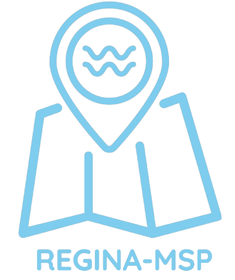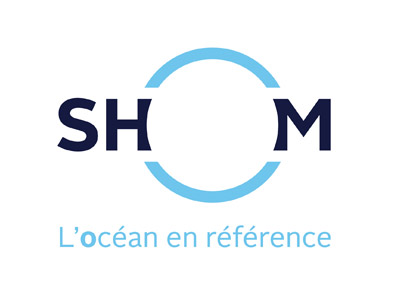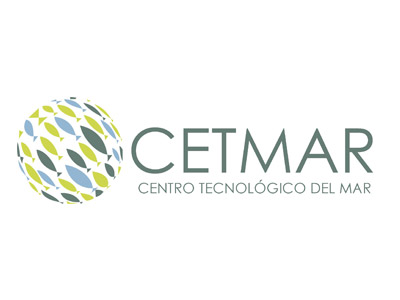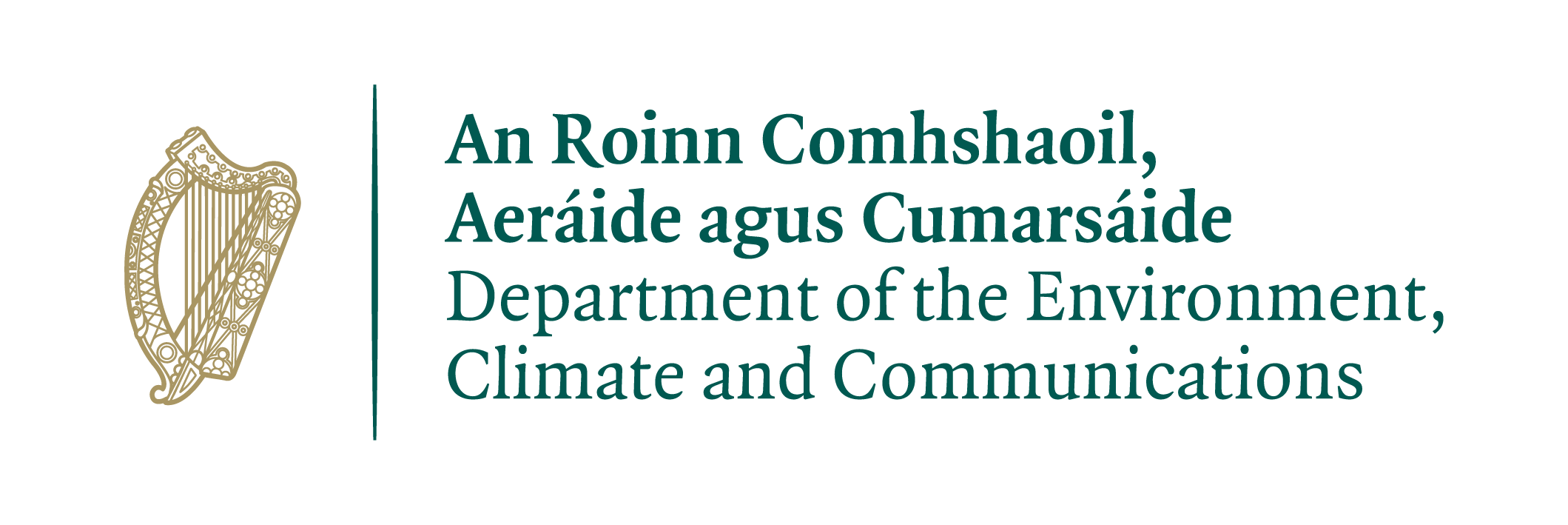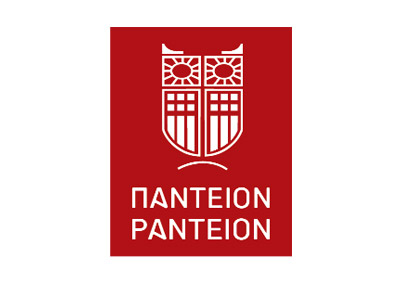REGINA-MSP project partners
The consortium is composed of 1 European wide organisation, the Conference of Peripheral Maritime Regions,
and 11 national institutions in 5 countries bordering 2 sea basins.
The consortium is composed of 1 European wide organisation, the Conference of Peripheral Maritime Regions, and 11 national institutions in 5 countries (Ireland, France, Spain, Italy and Greece) bordering 2 sea basins (Atlantic and Mediterranean). It is thus adapted to the European ambition of the project as well as to its case studies approach, offering a diversity of situations and contexts.
In their countries, the participants are among the institutions providing main supports to their national authorities for the implementation of the Maritime Spatial Planning Directive.
National authorities are not partners in the consortium (except for Ireland) but has been closely involved in the preparation of the project proposal.
Cerema
Website : https://www.cerema.fr
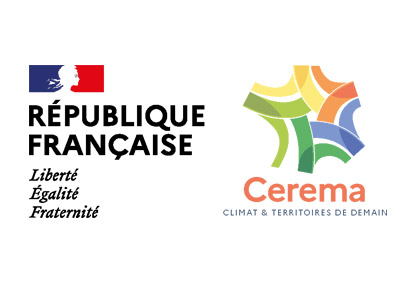
CEREMA (which stands for Centre for Studies and Expertise on Risks, the Environment, Mobility and Urban Planning) is the major French public agency for developing public expertise in the fields of urban planning, regional cohesion and ecological and energy transition for resilient and climate-neutral cities and regions. As a multidisciplinary scientific and technical resource and expertise centre, Cerema provides assistance in developing, implementing and assessing public policies at national and local levels, where the challenges of the climatic and ecological transition & regional cohesion are paramount. One sector of activity is dedicated to coastal and marine management, maritime safety and technologies, ports and waterways. Particularly, Cerema is the main support agency for the preparation of the sea basin strategies, which are notably including implementation of the Maritime Spatial Planning and the Marine Strategy directives. In recent years, Cerema has also been providing support for the planning for marine renewable energy and marine aquaculture. It actively contributes to the preparation of public debates concerning the identification of future offshore windfarms.
CORILA
Website : http://www.corila.it/ | http://www.ismar.cnr.it/ | https://www5.iuav.it
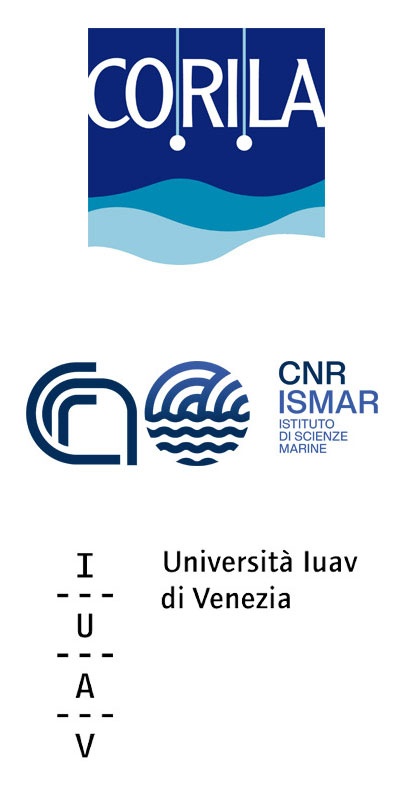
CORILA, the Consortium for coordination of research activities concerning the Venice lagoon system, is an association between Ca' Foscari University of Venice, IUAV University of Venice, University of Padua, the National Research Council (CNR) and the National Institute of Oceanography and Experimental Geophysics, supervised by the Ministry of Education, Universities and Research.
CORILA has taken place in many EU projects dealing with maritime issues and MSP (e.g., SIMWESTMED, ADRIPLAN, SUPREME and MSPMED, the last three as coordinator).
IUAV is an Italian public university located in Venice, also specialized in MSP and Climate Change adaptation and Environmental planning. It has participated in numerous EU projects and addressed MSP both in research and teaching.
The Institute of Marine Science of the National Research Council of Italy (CNR) has been working on MSP since 2013, through several projects at transboundary, national and local scale, covering all steps and aspects of the MSP process and developing specific instruments and tools. CNR also provides expertise on climate change adaptation and biodiversity conservation integrated within MSP.
The three institutions have a long standing experience of collaboration on MSP on both projects and formal processes. Currently, they are working together as technical and scientific experts group in supporting the Italian MSP Competent Authority (Ministry of Sustainable Infrastructure and Mobility) in charge of the national MSP implementation.
IEO(CSIC)
Website : https://www.ieo.es/es/
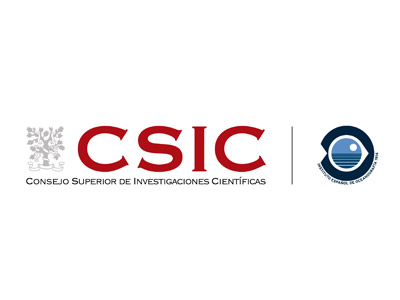
IEO(CSIC) (National Centre Spanish Institute of Oceanography of the Spanish National Research Council) is a public research body dedicated to research in marine sciences, especially in terms of scientific knowledge of the oceans, sustainability of fishery resources and the marine environment. The IEO(CSIC) depends on the Ministry of Science and Innovation. It is not limited to conducting basic and applied research, it also advises administrations scientifically and technologically on matters related to oceanography and sea sciences. In fact, according to the Maritime Fisheries Act 2001, the IEO is the government's research body and adviser for fisheries sectoral policy. In addition, it is the scientific and technological representative of Spain in most international forums and organizations related to the sea and its resources. It provides methodological and technical support to the Ministry for Ecological Transition and Demographic Challenge, in relation to MSP and MSFD directives implementation and it has participated in past transboundary MSP projects (i.e. SIMNORAT, SIMWESTMED, MarSP, SIMAtlantic and MSPMED).
UCC
Website : https://www.ucc.ie/en/
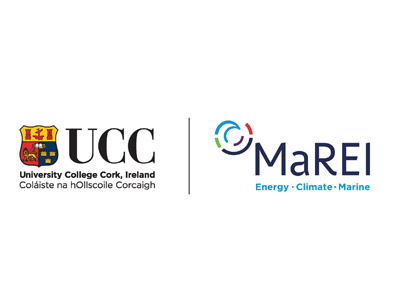
UCC, University College Cork offers under and post-graduate studies to over 17,000 students, and attracts the highest peer-reviewed research income per head in Ireland. The university is home to the MaREI Centre - a multidisciplinary research cluster of key university and industrial partners. Staff within MaREI are dedicated to solving the main scientific, technical and socio-economic challenges to the sustainable development of the maritime economy, with a focus on marine renewables but also encompassing a wider research agenda that includes coastal and marine governance and planning; climate sciences; marine ecology; marine geomatics and ICT; coastal processes and seabed mapping; and, applied remote sensing and GIS. The Centre's expertise and skillsets are highly regarded both nationally and internationally and are aligned with policy and research agendas such as the European Integrated Maritime Policy, EU Climate Policy. Researchers within MaREI have participated in MSP and marine management projects relevant to this call, such as Supporting Implementation of Maritime Spatial Planning in the Atlantic region (SIMAtlantic, EASME-CINEA) and Celtic Seas (SIMCelt; EASME), Transboundary Planning in the European Atlantic (TPEA; DG MARE), Partnerships Involving Stakeholders in the Celtic Sea Ecosystem (PISCES; LIFE+), Celtic Seas Partnership (CSP; LIFE+), Monitoring and Evaluation of Spatially Managed Areas (MESMA; FP7), and Knowledge-based Sustainable Management for Europe's Seas (KnowSeas; FP7)
AUTH
Website : https://www.auth.gr/en/
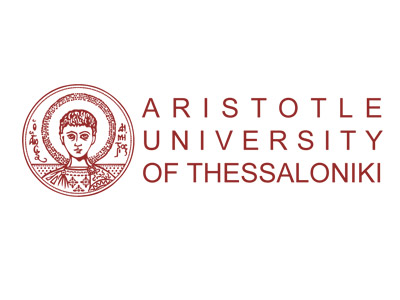
AUTH, Aristotle University of Thessaloniki is one of the oldest and largest Universities in Greece, covering a wide range of humanities and applied sciences. AUTh comprises of 10 faculties which consist of 40 Schools and 1 single-School Faculty. The School of (Spatial) Planning and Development (DPD) is part of the Engineering Faculty of AUTh (5-year curriculum) and it is one of the two Spatial Planning Schools in Greece. Maritime spatial planning and marine governance (as well as theories and practices related to the marine space) are central to the educational and research curriculum of DPD. Most of the AUTh team members, have long experience, through the participation in the following MSP projects: SUPREME (EMFAF), Paving the Road towards MSP - Greece-MED (UNEP-MAP - PAR/RAC), ECO-MED (Erasmus+). The AUTh team manager is also co-author of the “Handbook on Territorial Democracy and Public Participation in Spatial Planning”, published by the Council of Europe and the Hellenic Ministry for the Environment.
